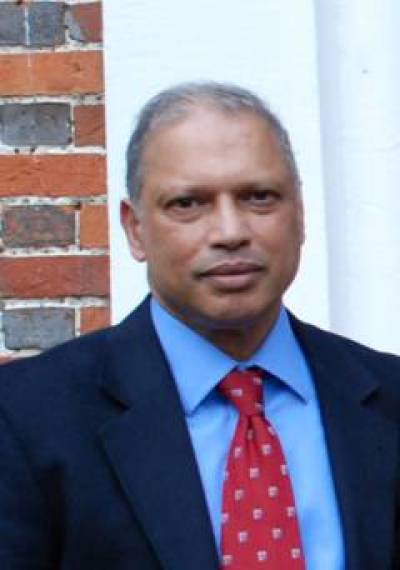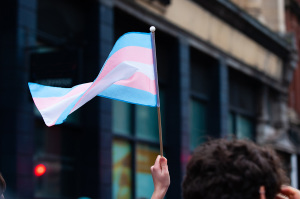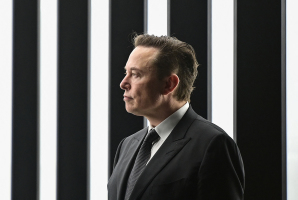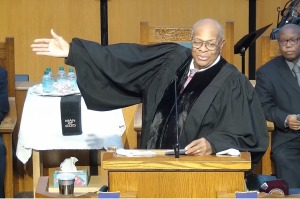Experts Contrast Political and Moderate Islam in Wake of Egypt Violence

Several experts on Islam, speaking after recent turmoil following the ousting of Egypt's President Morsi, highlighted that Islam is not monolithic and the U.S. should support the Islamic tradition that respects religious liberty.
"Religion, when it becomes political and it seeks to take control of society, should be rejected," Christian convert from Islam Patrick Sookhdeo, director of the Institute for the Study of Islam and Christianity, international director of the Barnabus Fund, and spokesman for persecuted Christians, told The Christian Post in an interview Tuesday. He called the now-deposed Muslim Brotherhood government Islamist and said it sought to "transform Egypt from a democratic society to what would effectively be a religious state."
Sookhdeo expressed concern that the military – rather than an election – had removed former President Morsi, but said the action nevertheless bore some degree of legitimacy. When "countless millions come out upon the streets, and basically argue that he is creating what is in effect a religious state and therefore he should step down, I think the voices of those people do need to be listened to."
At the end of June, millions took to the streets and signed a petition demanding Morsi's removal before the military leader General Abdel Fatta al-Sisi forced him to abdicate.
Nevertheless, violence – especially against Christians – has ravaged Egypt in the wake of the government switch. Sookhdeo warned that "unless there can be a period of stability, reconciliation of all the different groups," there will be further violence.
Egypt's economy has fallen apart, he noted. Along with "massive inflation" and "major unemployment," Egypt has also witnessed its tourism industry nearly collapse. These economic struggles fuel the ideological conflict between political and moderate Islam.
"Ultimately, this is a battle within Islam," Sookhdeo explained, listing "two traditions" within Islam: reason and revelation. "Islam has a long tradition of coexistence with other religions, of existing without religion effectively seizing control of the state," but it also has a tradition of clerics who "have sought to see the divine will as imposed upon society."
An example of what Sookhdeo refers to as the tradition of reason in Islam is Dr. Zuhdi Jasser, author of A Battle for the Soul of Islam: An American Muslim Patriot's Fight to Save His Faith and president of the American Islamic Forum for Democracy. Jasser told CP that "the West needs to take explicit positions within the House of Islam," rather than allow "Islamists to continue to use the banner of Islam."
Jasser argued that many scholars – including Sookhdeo (who denied the charge) – consider only radical groups like the Muslim Brotherhood to be true Muslims. Muslims who embrace the Enlightenment principle of religious freedom, he explained, "are not the central authority of Islam and are on the margins." He argued that "petro dollars" from nations like Saudi Arabia help perpetuate the myth that radical Islam is the only right interpretation of the Quran and the other Islamic texts.
But he, and other liberal Muslims, show that Islam includes more than just militant Jihadis. When confronted by him, radical groups resort to accusing him of not being a true Muslim. "Their only attack against me…that I'm not religious," which couldn't be further from the truth, he said.
"Just because you're not in the Muslim Brotherhood doesn't mean you're not a Muslim," he asserted.
Meanwhile, Egyptian-born American pastor and Middle East broadcaster Michael Youssef explained the divide succinctly. "They have their interpretation of the Quran, we have ours – that's really the nub," he said in an interview with CP Friday.
Youssef said he "absolutely, one hundred percent" supports the current, military-backed regime. He attacked President Obama for supporting Morsi, "There's an Egyptian egg all over Obama's face now."
While Sookhdeo, Jasser and Youssef did not suggested military involvement, all agreed that the United States should support religious freedom and oppose Muslim Brotherhood groups like Morsi's.





























